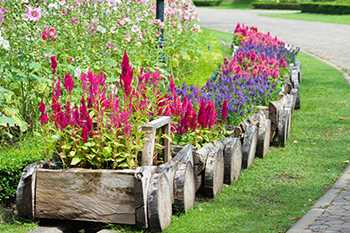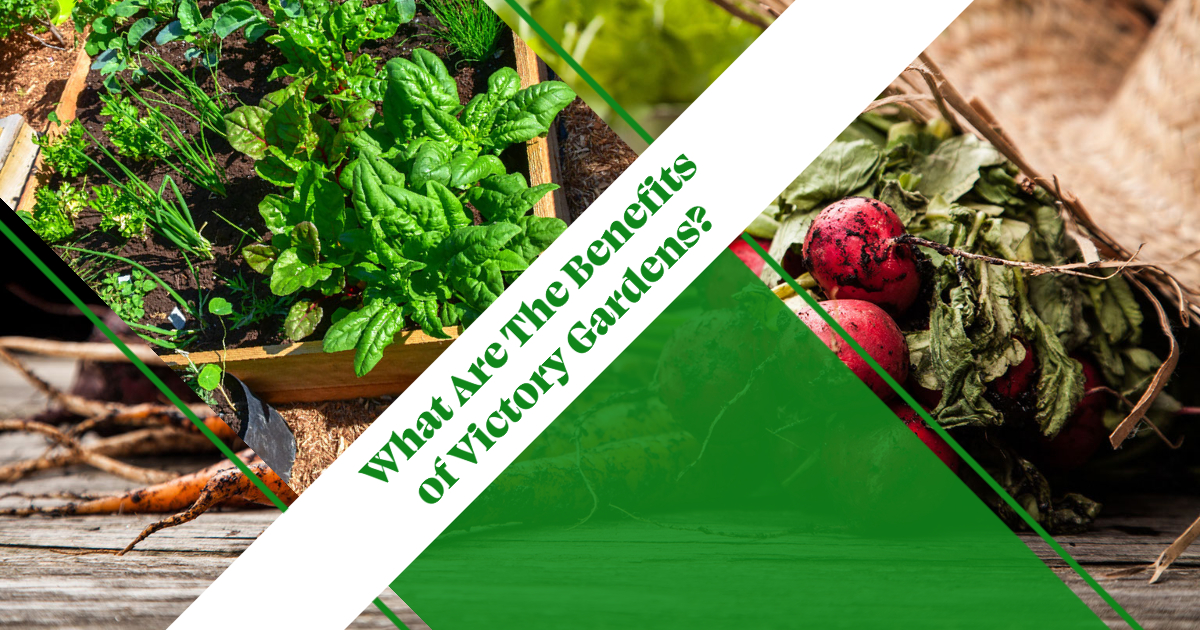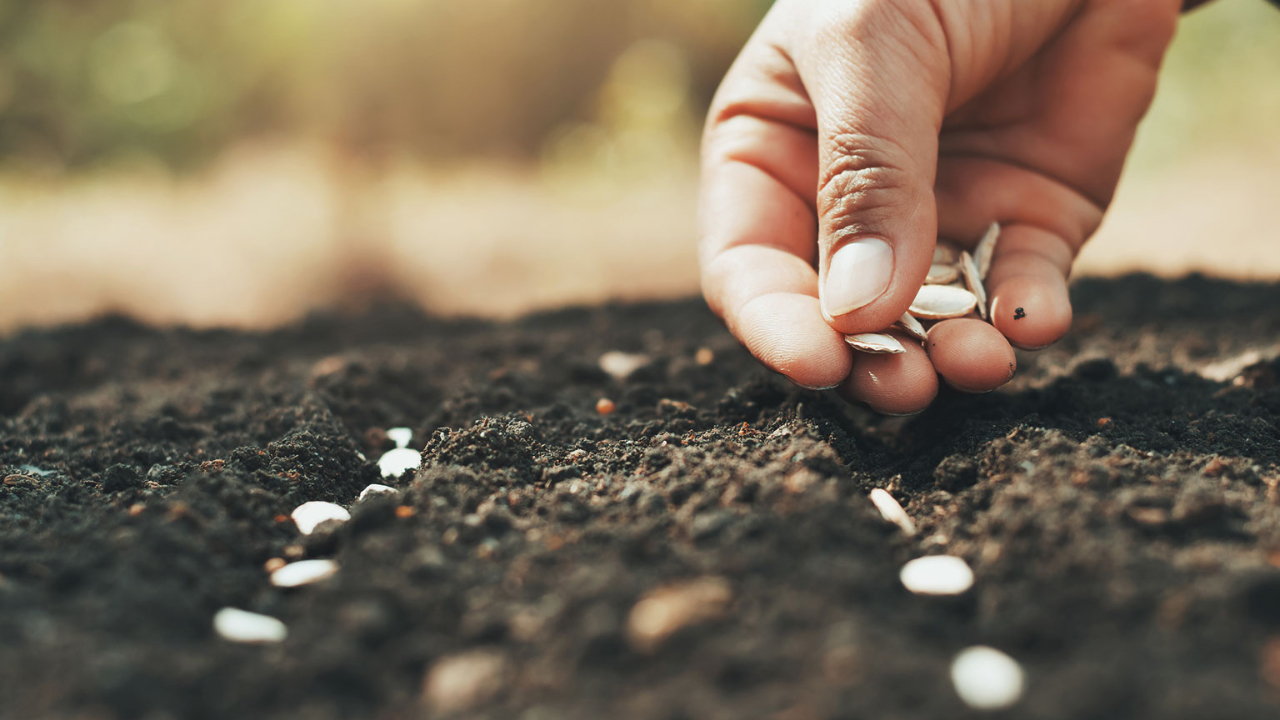Did you know that creating a vegetable garden could be an incredibly rewarding activity? Not only is it relaxing to get your hands in the soil, it can be therapeutic as well. Perhaps the biggest advantage is the fact that you get to literally eat the fruits of your labor in the form of delicious, fresh, and healthy fruits and vegetables. The good news is that spring is right around the corner, which means now is the perfect time to start planning your garden. So how do you get started when it comes to creating a vegetable garden?
The Right Place for Your Vegetable Garden
First and foremost you need to use the right plants in the right places. That means you need to give a great deal of consideration to light. The vast majority of vegetables, herbs, and fruits actually grow best in full sunshine. That means these plants need to be planted in a spot that receives a minimum of 6-8 hours of direct sunshine on a daily basis. On the other hand, cooler season crops such as cabbage, radishes, and spinach can actually be grown in part shade. You also need to keep me mind that creating a vegetable garden means that you will need to tend to that garden on a regular basis.
It is always more convenient if you can position the garden as close to your house as possible. That way it won’t be out of sight and out of mind. You should also place your garden near a convenient water source in order to make the task of watering as easy, fast, and simple as possible. In addition, you need to love your soil. That may sound a bit funny or even strange, but it’s true. The more you lavish your soil with love the better your garden will grow. That means you should nourish it with garden compost, manure, and other organic matters.
Fertilizer Basics for Your Vegetable Garden
Keep in mind that the manure should be rotted down for a minimum of six (6) months before you actually apply it to your garden. You may not be aware of this fact, but fresh manure is actually full of elements that contain harmful diseases. For example, fresh manure tends to burn plants because it has an incredibly high oxygen content. You should add organic matter at a minimum of once per year, but you can add it more then that if you’d like. Simply spread the organic matter on top of the soil as if you were spreading mulch on a flowerbed. The structure of your soil will actually improve over time as long as you take care of it properly.
If you’re interested in getting more information about creating a vegetable garden at your home or place of business, please contact us today. We will provide you with the best advice, plants, seeds, and organic fertilizer to get your started. Hiring a professional will go a long way in helping you avoid mistakes that waste a great deal of time and money. In addition, they have the ability to properly evaluate your property and truly understand the steps that it takes to complete the project on time and on budget.
Please contact The Veron Company today with any and all questions about our vast array of home services, and your landscape design needs. We have a full crew of trained and experienced professionals to handle the job for you. Our company has been concentrating on maximizing your home’s potential since 1982.







